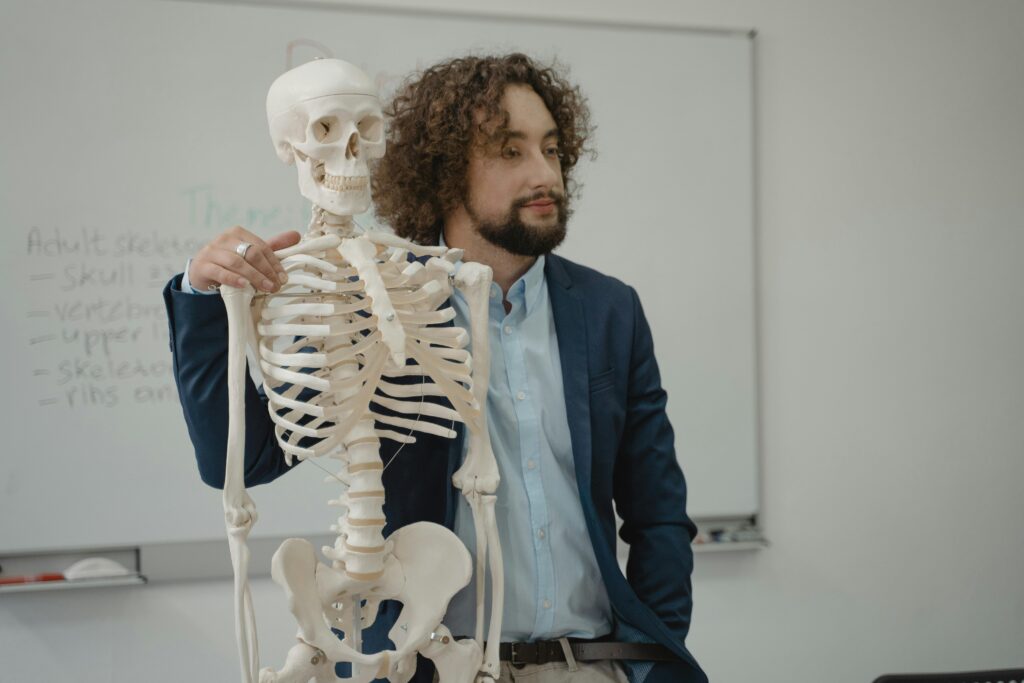Introduction
No one-size-fits-all education fits anyone anymore in this fast-paced world. The game-changer for anyone trying to reach certain academic, personal, or professional goals is the making of a customized curriculum, just like building a roadmap of your aspirations. But where does it start? Let’s begin!
What Is a Personalized Curriculum?
A customized curriculum is an especially tailored course plan prepared to cater for your specific needs, interests, and goals. Unlike the regular systems, a customized curriculum has a flexibility in that it will centre on the areas that would matter most to you.
Advantages of Personalizing Education
- It capitalizes on the strength of the student while focusing on the weaknesses of the students.
- It arouses one’s interest on what to study
- Its relevant with career and personal life plans
Setting Your Goals

Set Your Learning Goals
Start with “What am I trying to do?” Well defined goals guide your curriculum and help you with measurable checkpoints.
Aligning Curriculum to Longer-Term Ambitions
Do you want to start a new career? Or develop a hobby? Your curriculum should give you support in order to help you achieve your more general life goals.
Learning Objectives
Is there an area where the knowledge you have is deficient? Focus on your gaps in your knowledge area most relevant to your new focus or endeavours.
Career Goals
Want to advance up the corporate ladder or transition to a completely new industry? Craft your curriculum to what employers want.
Learning Style
Different Learning Styles Defined
Everyone learns in their own way. You may learn by sight, excel listening, or prefer hands-on.
How to Determine Your Own
Quizzes, reflection of what you have learned well before, or experimentation to determine what works best for you.
Visual Learners
Charts, diagrams, and videos can become your best friends. Leverage the use of tools like infographics or visual tutorials.
Auditory Learners
Love podcasts or discussions? Focus on lectures, audiobooks, and group interactions.
Kinesthetic Learners
Action rather than theory? Engage in experiments, workshops, or DIY projects to keep learning fun and effective.
Choosing Your Topics
Prioritize what excites you. For example, if you’re fascinated by AI, consider courses on machine learning. Balance this by addressing weak areas, like public speaking or time management.
Creating a Schedule

The Importance of Time Management
Time is a non-renewable resource! Allocate specific hours to ensure consistent progress.
Daily Schedules
Dedicate fixed hours to learning, with breaks for reflection. A well-structured day keeps distractions at bay.
Weekly and Monthly Plans
Set weekly goals to track the progress. Monthly review of what is working and what needs a tweak.
Resources
Use online courses such as Coursera and Khan Academy to mentors and books. Free options are good before premium tools are availed.
Flexibility
Life happens. Have a plan that accommodates unforeseen changes. Make timelines flexible or switch topics if needed.
Real-Life Practice
Practice in real life. If you are a coder, create a small application. Networking also makes you more vulnerable to the challenges and opportunities that are out there.
Tracking Progress and Measuring Success
Make time for yourself to review. Do you need to correct course? Get feedback and alter your curriculum.
Challenges
Staying Motivated
Feeling overwhelmed? Break down your goals into smaller tasks and celebrate those small wins.
Treat challenges as an opportunity to learn. Change and move forward with a renewed mindset.
Conclusion

It is empowering to create a personalized curriculum. It’s about taking charge of your learning journey and tailoring it to your unique needs. So, grab a notebook, set your goals, and start building a curriculum that works for you!
FAQs
What is the most important part of a personalized curriculum?
Defining clear goals to guide your learning journey.
How do I keep motivated?
Break down big goals into smaller, achievable tasks and celebrate every little bit of progress.
What good tools can I use to build my own curriculum?
Mix it up – Coursera to read, Notion for planning, or podcasts for listening.
If I’m just not feeling it, mid-stream, can I change my curriculum?
Absolutely; one of the best things about personalizing is flexibility.
How long is it going to take before having really good, useful curriculums?
Well, this depends on your goals; however, a week of intensive planning can lay a good basis.
Read More Artical AptSteep.Com

